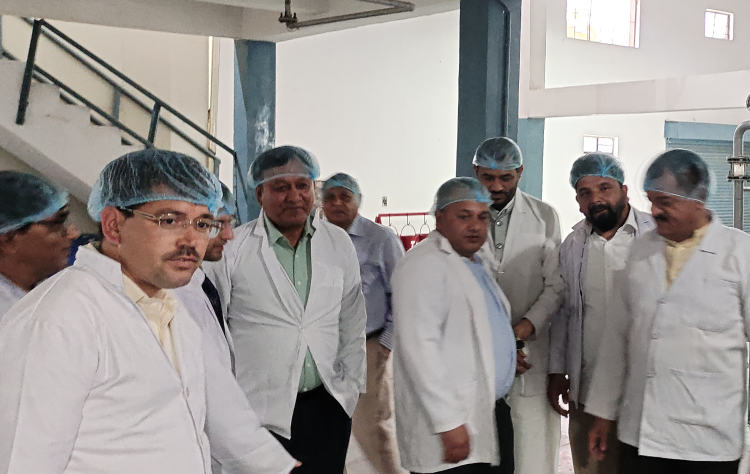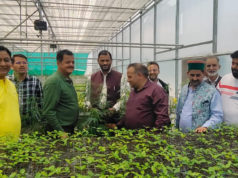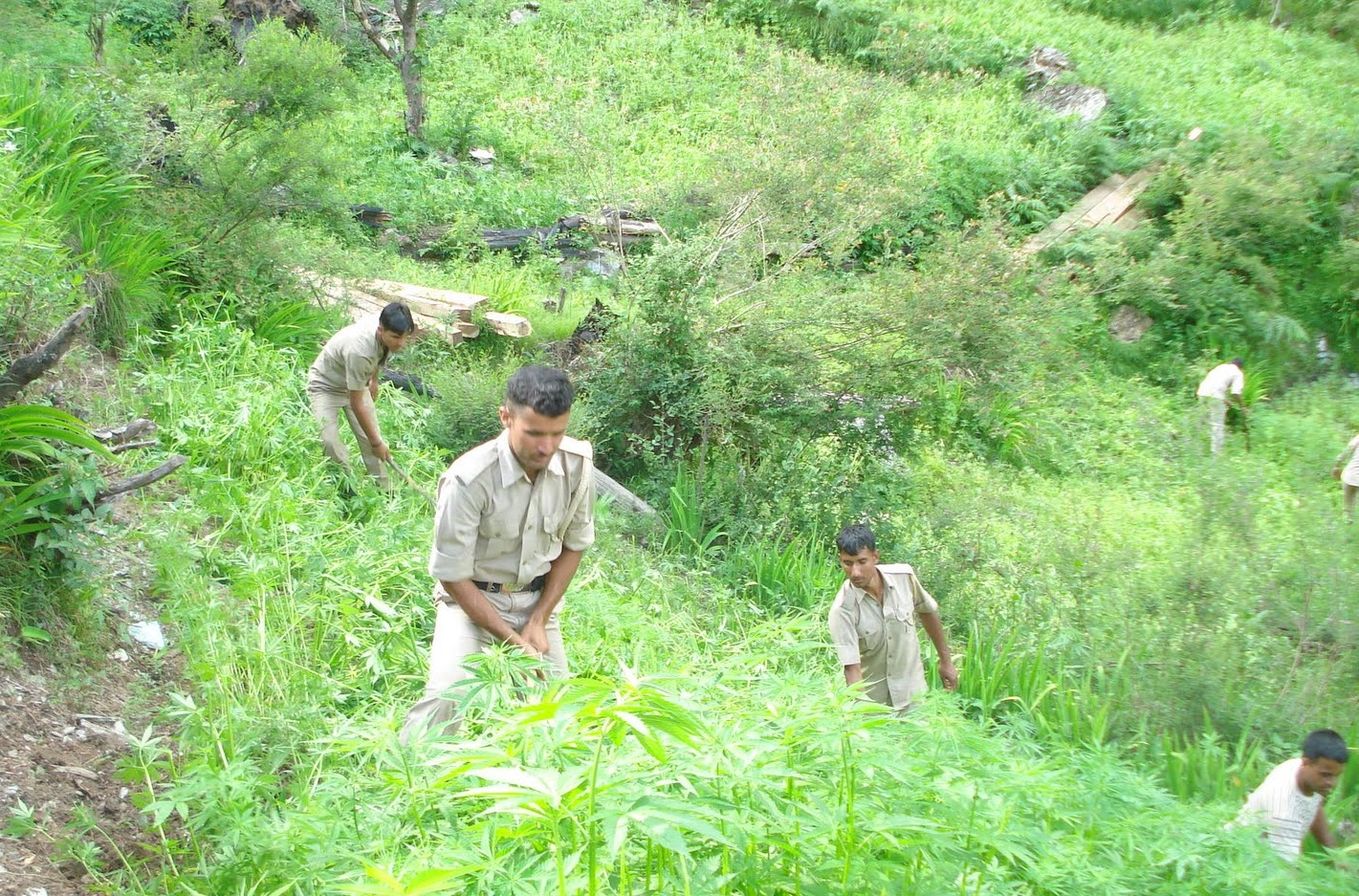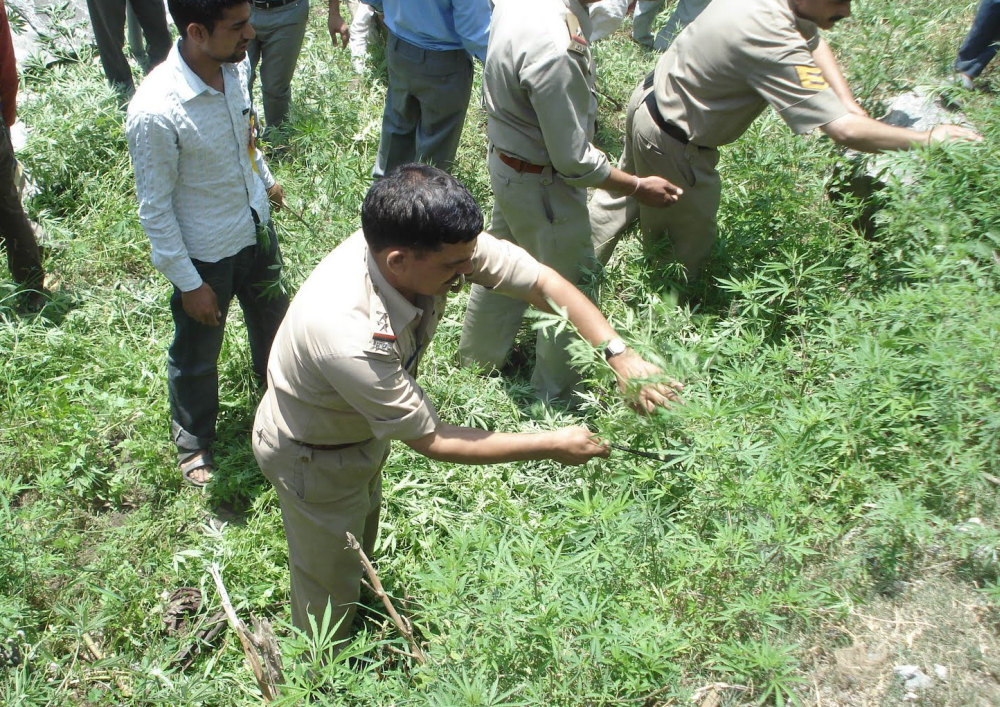Himachal Pradesh, known for its scenic beauty and thriving agriculture, has set its sights on legalizing cannabis cultivation for industrial and non-narcotic purposes. In pursuit of this goal, the state sought the support of the Central Narcotic Bureau, engaging in a crucial meeting to discuss the development of a comprehensive policy.
The committee responsible for studying cannabis cultivation convened with officials from the Central Narcotic Bureau in Gwalior, Madhya Pradesh. The meeting served as a platform to explore various aspects of cannabis cultivation and delve into its potential applications.
During the meeting, the committee engaged in extensive discussions with bureau officials, delving into the similarities between cannabis and opium. They also examined the technical and legal intricacies associated with the production and marketing of cannabis.
Prior to this crucial meeting, the committee had already initiated discussions with Excise and Taxation officials from Uttarakhand, as well as individuals actively involved in cannabis cultivation. These interactions provided valuable insights into the challenges and obstacles faced by the Uttarakhand government in relation to cannabis cultivation for industrial and non-narcotic purposes.
In their pursuit of a well-informed and comprehensive approach, the committee expressed its intention to consider the experiences and suggestions shared by individuals associated with cannabis cultivation in Uttarakhand. This collaborative effort aims to address concerns and build on successful practices to ensure a sound policy framework.
To acquire a comprehensive understanding of cannabis cultivation, the committee obtained detailed information from concerned officials regarding licensing procedures. This knowledge will contribute to the formulation of an effective regulatory system that promotes responsible cultivation and safeguards against potential misuse.
Furthermore, the committee engaged in in-depth discussions with various firms specializing in cannabis-related products and materials. These interactions provided valuable insights into the diverse range of products that can be derived from cannabis. The firms emphasized the plant’s medicinal benefits and highlighted its potential to bolster the economy of growers in Himachal Pradesh.
As the committee progresses in its study on cannabis cultivation, its focus remains on exploring the potential benefits and challenges associated with legalizing the plant’s use for industrial and non-narcotic purposes. By considering insights from stakeholders and collaborating with relevant authorities, the committee aims to develop a well-grounded and comprehensive policy framework that aligns with the unique needs and aspirations of Himachal Pradesh.










